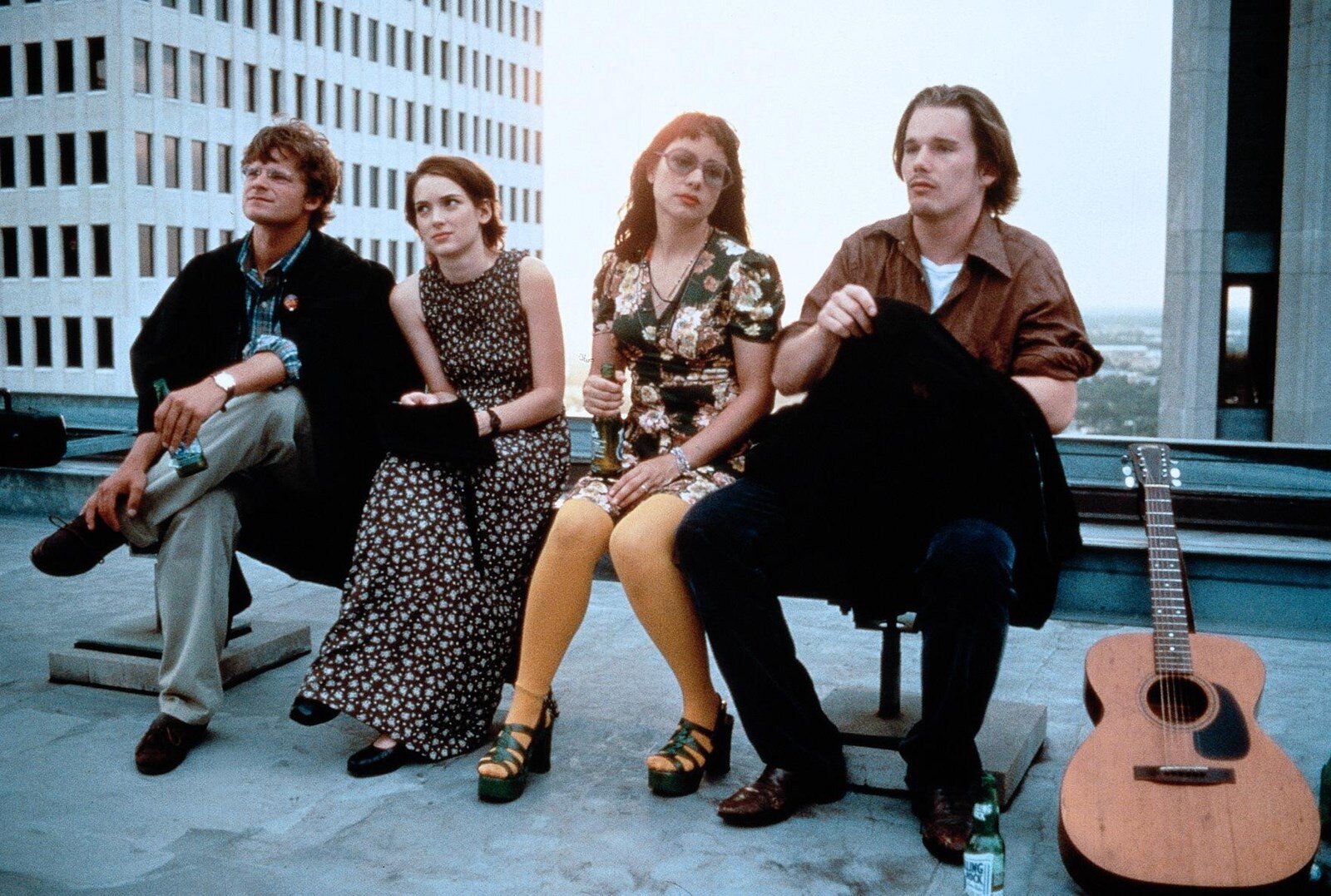You Are Not a Brand: Can you authentically communicate your value without selling out?
Photo by Nik Shuliahin
Say the term “personal brand.” Go ahead; I dare you.
It’s cringe-worthy, right? I feel dirty just typing it.
That’s normal. Being a “brand” is sort of a gross concept, best reserved for commodities, cattle, and corporations; not people.
Humans aren’t hashtags. We’re complicated and nuanced. We have personal and professional lives. We’re moms and dads, partners and children, professionals, friends, and all the other stuff too.
We have different, but authentic features of our personalities that we share on day by day basis. Our quirks and flaws are part of that package.
That’s complicated in the age of Social Media. Not standing out carries serious risks when it comes to our professional lives, particularly if (like me) you’re part of “Generation-X.” How do you communicate you’re “all that and a bag of chips” without coming off like a poseur’?
Reality Bites
Sorry, Winona, it hasn’t gotten much better. ( Scene from “Reality Bites,” 1994)
According to a recent article in Harvard Business Review, the career progression of Generation X professionals is falling behind our generational counterparts, the Baby Boomers and Millennials.
Despite being significantly more committed, experienced, and with technical skills equal to Millenials, a combination of factors — including later retirements by Boomers and outright age discrimination — are holding many of us back.
In the last decade, Gen-X saw significantly fewer promotions as we enter our peak earning years. Our Millennial colleagues are beginning to compete for the same roles as their careers accelerate. In the age of ‘Zuck, ten additional years of experience on your LinkedIn profile isn’t a strength anymore, especially if you spent a decade treading water at “the top of the middle” waiting for someone to notice how much you do.
Sadly, being quietly great at your job sucks. No one is going to pick you out of the crowd when a significant role opens up.
Marsha! Marsha! Marsha! (“Sarcastic Christine Taylor” via Giphy)
Perhaps there is a little Jan Brady in all of us; latchkey slackers who rejected the ‘phony’ materialism of the ’80s and the superficial reality distortion of the “Influencer economy.” As a generation, we’re stuck between a self-promoting prom queen and an annoying kid sister who won’t stop nudging us in the back. Is there a better way to authentically communicate our value without selling out? (Well, this would be a short article if there wasn’t!)
“Meet the new Jan Brady!”
“He’s going to talk about “personal brand” isn’t he…” (Credit: “The Brady Bunch” Episode 40, 1971)
Personal branding is the wrong way to think about positioning yourself for that big step into your next role. The goal isn’t to get a big title or a significant pay raise; those are outcomes, not goals. The goal is learning how to clearly communicate your style, capabilities, and impact authentically, which opens opportunities to do the best work of your career.
“Brand” is one of those words like “design” or “cool”; it attempts to capture the essential character of a thing without being specific. Brands strive to be persuasive by creating a false identity around an idea: not a good move, Jan.
Ironically, “Brand” is a concept with an identity crisis. The idea of “personal brand” sounds phony because it is. Brands are carefully contrived; they are not real. Brands are flat, soulless, and artificial “personalities” designed to convince others that the brand is something “it” is not.
Aristotle (not a phony). Public Domain via Wikipedia
How do you persuade others you’re great at something without being an obnoxious phony? Let’s ask someone who knows a little bit about the “true” nature of things, Aristotle.
Aristotle knew plenty of phonies in his day; they surrounded him. In modern times we might call the Sophists “pundits” or “influencers,” but they were the live streamers of ancient Athens. Between the latest “hummus challenge” and memes on the nature of reality, these guys spent most of their time mansplaining how wise they were. Seriously, the term came from the Greek “sophizo,” or “I am wise” (gag)… you can almost imagine them hanging out in front of a convenience store. Aristotle wasn’t playing that game.
Don’t hate the Sophist, hate the game. (Image from “Clerks II,” 2006 Miramax)
What is your Ethos?
That sounds so much better than “brand” doesn’t it? Where a “brand” is artificial and phony, Ethos is an authentic expression of your values and identity as a leader. Ethos includes your accomplishments, mastery, reputation, knowledge, and credibility. A professional Ethos is an incomplete expression of your entire self.
I am not a brand
Photo by Tom Sodoge on Unsplash
My Ethos as a leader at work is similar but distinct from the Ethos I possess as a father or a friend. Each part is a real facet of the person I am, but what I value and how I conduct myself changes with my context. In contrast, brands are flat, rigidly consistent, and contrived.
Brands make terrible people.
Brands shape themselves to what others want to hear. A brand is a politician in a cheap suit with over-whitened teeth that calculates relationships in “ROI.” A “personal brand” lives in constant fear of discovery, that others will see them for who they aren’t or what they don’t know. Fear and impostorism are mind-killers. Fear turns decent people into the sort of hollow, dead inside leader that employees flee.
That attrition costs companies millions (in some cases billions) of dollars in attrition, legal costs, knowledge loss, training costs, and of course, missed opportunities. Where “personal brand” is an organizational toxin, a leader with an authentic and confident Ethos can be an antibody.
The hardest part of establishing a professional ethos is describing it; it takes work, and it isn’t easy. The process requires a level of maturity and self-awareness that can be uncomfortable at times. You’re forced to ask some essential questions and make yourself vulnerable to critique and rejection. That discomfort is the tax that is paid to eliminate self-defeating habits that hold many people back in their professional lives. Authentic change isn’t easy, and it’s even harder by yourself. I used an executive coach.
Being persuasive requires all the elements Aristotle outlined. Critical thinking and judgment (logos), empathy and fairness (pathos), and, most of all, patience and excellent timing (kairos). But, success starts with the ability to communicate your Ethos concisely.
Life-changing conversations start when you can raise your hand first, and clearly outline who you are and what you can do. Ethos is what starts the conversation; you can’t demonstrate all you have to offer if you can’t get past the elevator pitch.
Lots of people can manage up or supervise, but leadership requires more. Convincing an employer to hire you, a client to work with you, or a boss to entrust you with more authority requires persuading others you are someone worth listening to in the first place. That’s Ethos.






